The need to reform bankruptcy law to allow discharge of student loans has been a repeated subject in this section. This month’s report again shows how some student loan agencies take absurd advantage of the status quo. Hopefully you will agree that change is needed.
According to a recent article in the Miami Herald, an agency that monitors and collects student loan payments for the State of New Jersey doesn’t let a little thing like death or murder interfere with collecting on those student loans.
According to the article, loans made to students through the New Jersey student aid fund, “come with extraordinary stringent rules that can lead to financial ruin.” As an agency of the state, “it can garnish wages, rescind income tax refunds, revoke professional licenses and more” for failure to pay and they don’t accept excuses! (And that includes death and murder).
A woman who cosigned her son’s student loans found out just how tough New Jersey could be after being told by an administrator that her son’s federal loan balances would be written off. Not so when she contacted the New Jersey state agency that had also lent her son money. The response said “Please accept our condolences on your loss. After careful consideration of the information you provided, the authority has determined that your request does not meet the threshold for loan forgiveness. Monthly bill statements will continue to be sent to you.”
Unlike federal loans, in New Jersey, there are no programs that allow for repayment to be based on income; nor adjustments for unemployed borrowers or people facing other financial burdens such as dire family medical needs, etc. A local bankruptcy attorney likened it to state sanctioned loan sharking.
Other states have similar programs for residents that are somewhat less stringent but the bottom line is that there is a pressing need to reform the bankruptcy code to allow the discharge of student loans in bankruptcy.
As for those successfully paying their student loans, American Student Assistance, Inc. (a nonprofit involved in helping student loan debtors restructure their loans) says that 71% of millennials are kept out of the housing market due to student loan debt and lack of adequate employment (i.e. underemployment).
Moreover, it’s estimated that at least 40% of these people are in fact living with parents or other family simply because their student loan payments preclude the ability to pay rent.
Add to that, Card Hub (a major credit card debt monitor for lenders) predicts a surge in outstanding credit card debt by the end of the year. It’s not hard to imagine that part of that surge is due to the need to charge groceries, gas, clothing and other day to day living expenses because the demands of student loan payments leaves room for little else. This is the only way for many in this group to keep a roof over their head and groceries on the table for their dependents, even with family assistance.
Lenders complain that relaxing discharge of student loans would result in abuses of the system. Others say many students loans exist because of abusive lending practices (similar to those exposed in the recent collapse in housing prices); overly aggressive recruitment and enrollment practices combined with uncontrolled costs in institutions of higher education themselves; failure to match slots and offerings to employment opportunities; and false representations on the economic viability of some of the private training offerings that offer little employment opportunity that will pay enough to justify the charges for what is being offered.
The reason that congress fails to act, seems to be their allegiance to the lending community. To be fair, no less than two dozen bills relating to student loan relief in one form or another are floating around the Senate and House of Representatives, however none completely address the problem in its entirety.
Yet it needn’t be a major re-writing of the bankruptcy code. Conflicting issues could be addressed by a simple change in how to define what constitutes an “undue hardship” on a student loan debtor, their dependents, and/or their co-signers. (i.e. – parents, grandparents, etc.) Bankruptcy Judges currently decide this issue based on an outdate case.
All it would take would be to re-implement the code to read as it did prior to the BAPCPA changes and re-implement standards that measured a debtor’s efforts to repay as the test of whether a given debtor’s loans should be dischargeable; and, eliminating the speculation as to whether or not a debtor who has become a quadriplegic (or perhaps killed in a robbery) might someday be back in a position to once again start paying on those coveted student loans.


